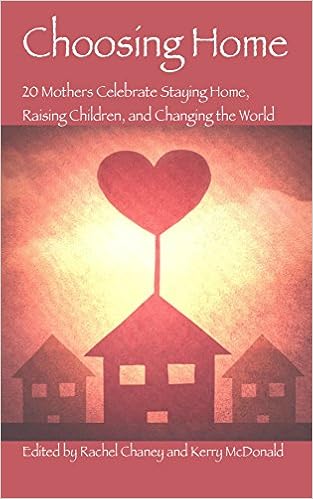Two of the things I care most deeply about are alternatives to school and environmental sustainability, so I was delighted to learn recently about a new resource for Boston unschooling families that elegantly combines both of these critical issues.
Located in Jamaica Plain, the JP Green School is a Friday program for local homeschoolers to learn about and practice sustainability. It is the brain-child of Andrée Zaleska, climate activist and the owner of JP Green House, an energy-positive home used as a demonstration home for sustainable living and the location of JP Green School. Andrée is joined in this endeavor by her colleague, Kannan Thiru, who is a practitioner of permaculture and a community organizer, currently transitioning from the work of technology to the work of sustainability.
I recently interviewed Andrée about her vision for JP Green School to get the word out about this incredible initiative and hopefully encourage more such programs that integrate schooling alternatives and environmental sustainability in many meaningful ways.
1. What is your vision for the JP Green School and how does it fit with the philosophy of self-directed learning?
We're convinced that most schools today don't address the future that our kids are heading into. We think that due to the needs of the planet, after being severely damaged by climate change and other environmental mishaps, we are all going to be living simpler and more self-sustaining lives. There are going to be a lot of positives to this, but it will require a general "re-skilling," which is best done with young people.
Along with teaching the "wrong" subjects, today's schools are absurdly competitive and stressful, and overly-focused on cramming knowledge into students at the expense of teaching them how to learn. It's tragic, as well, that school takes place almost entirely indoors.
Along with teaching the "wrong" subjects, today's schools are absurdly competitive and stressful, and overly-focused on cramming knowledge into students at the expense of teaching them how to learn. It's tragic, as well, that school takes place almost entirely indoors.
2. The JP Green School is at the nexus of both educational and environmental innovation. How do you see these issues as connected?
As mentioned above, the work of re-skilling youth for a new world is best done largely in an outdoor classroom, with a child-centered philosophy. We embrace the idea of "unschooling" -- which would be useful for many of us, old and young! We reject the ideas of evaluation and testing as totally not useful and antithetical to real learning.
3. What resources and opportunities will be available to young people through the JP Green School?
The setting is JP Green House, an entirely energy-positive house built with an innovative, yet simple, green design. We have a 1/4-acre garden with full sunlight, ideal for growing food. We'll have two teacher-directors (to start with), who will get to know each student deeply, and help to consider what students want to learn and what other community resources might be available to them. Our passion and compassion are our greatest resources to offer the children.
4. What is your target group and do you see this changing and growing in the future?
We are focusing on ages 10-13 to begin with. As the program grows we would like to add older teens.
5. For readers outside of Boston who may be inspired by the JP Green School, what advice can you offer them on launching a similarly-focused learning center in their neighborhood?
It's hard to say. Kannan and I began with the clear, shared intent of educating youth for sustainability. We then researched the philosophy of unschooling, and visited several self-directed learning programs. I would advise anyone who is interested in doing the same to assess their passion, resources, and then do the legwork. Be aware, too, that the financial returns are minimal!
6. Is there anything else you would like to add about the JP Green School?
I'd love to encourage folks to look at our website at jpgreenschool.org, and call or write us if they want to discuss the program personally. We are a startup and therefore the first class (Fridays, starting mid-April, for 10 weeks) will be a critical learning period for us. We are hoping for parents to partner with us!

























I love your work Andree, thanks Kerry for highlighting the JP Green School11
ReplyDeleteThis sounds so exciting! I would love to start something like this in my city. Thanks for sharing and inspiring!
ReplyDelete